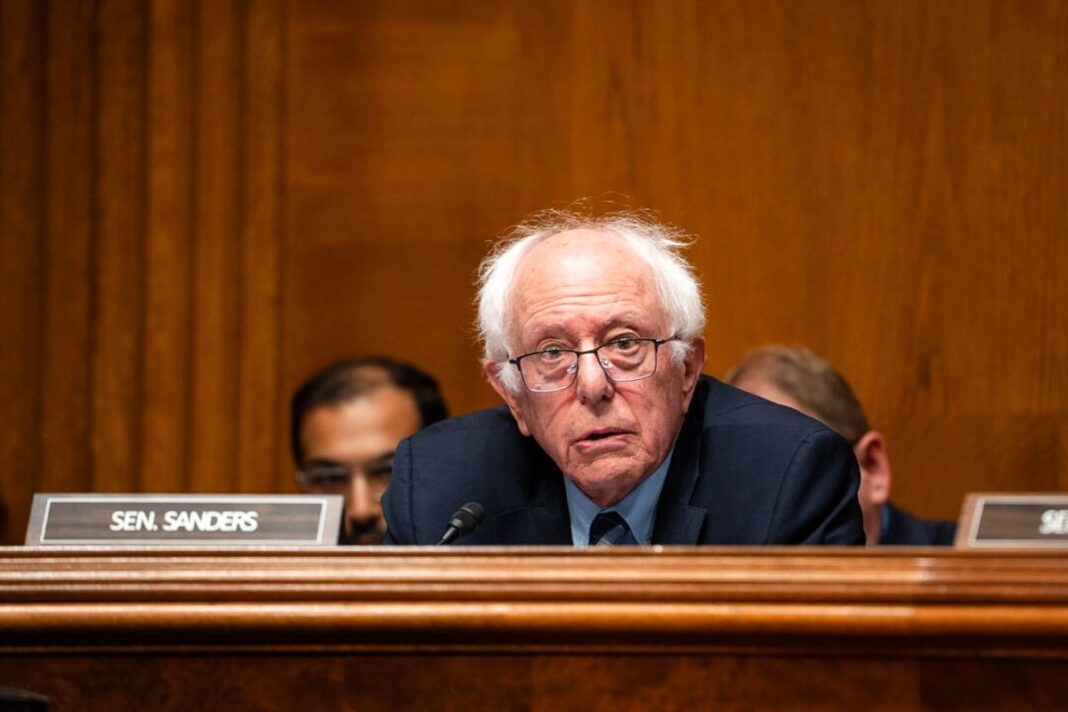Entrepreneurs spoke of their experiences regarding crime in the city and what they expect from the federal takeover of policing.
WASHINGTON—Across the nation’s capital, business owners and employees offered mixed opinions of President Donald Trump’s push to clamp down on crime in the city.
Trump’s Aug. 11 order to temporarily take over the city’s police department has prompted a surge of law enforcement agents in the city, leading to more than 460 arrests. The president also deployed 800 D.C. National Guard troops, who will be joined by guardsmen from six other states.
The Epoch Times took to the streets of Washington to ask business owners if the federal effort has had an impact. Some noticed a change, while others were skeptical that it had made any difference.
Some also voiced concern over increased immigration enforcement in the city. Yet they acknowledged that crime was an enduring challenge, including offenses perpetrated by juveniles and young adults who face more lenient sentencing under recent changes to local laws.
Some of the entrepreneurs who spoke to the Epoch Times asked to be identified by initials or by an alias. Others did not wish to share their last name. Many locals worry about retribution from both criminals and politicians.
Youth Crime
Terry has lived and worked in southeast D.C. for decades. When she first started selling food in the Navy Yard area, it was filled with low-income housing. Crime was common.
About 15 years ago, the area experienced an upswing. The run-down housing projects were torn down and replaced with row houses, some valued at more than $1 million. New shops opened. Navy Yard felt pretty safe—at least for a while.
Like much of Washington, the neighborhood fell prey to a post-pandemic crime spike.
On Aug. 19, Terry told The Epoch Times that the perpetrators were often very young teenagers who would steal cars, take them for a joyride, and then leave them to be recovered by their rightful owners.
She made it clear that she is no fan of Trump, but said his takeover of the police department has made the neighborhood safer.
“It does feel quieter,” Terry said. “It does feel safer to walk around. I don’t know if it’s because people are paying attention to the news and then they’re realizing, ‘Well, now’s not a good time to be going around.’”
She said the problem is that young criminals expect soft punishments: D.C. law does not allow youth under 15 to be tried as adults. Kids 15 and older may face adult prosecution for more serious offenses like sexual assault or murder.
Washington’s Youth Rehabilitation Act of 2018 also allows for lighter sentencing of offenders younger than 25.
Some officials, such as U.S. Attorney Jeanine Pirro, want to overturn that law, along with one that allows judges to shorten sentences for those convicted as juveniles—if they have served at least 15 years—and another that allows some juvenile criminal records to be expunged.
By Stacy Robinson and Nathan Worcester







